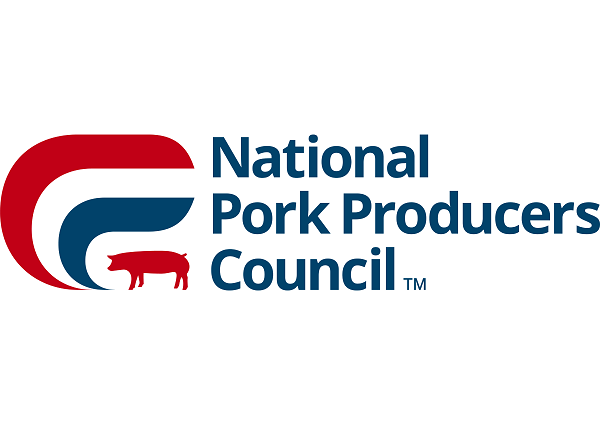
federal court has upheld Massachusetts Question 3, a law similar to California Proposition 12, which prohibits the sale of pork from hogs born to sows housed in non-compliant conditions according to the state’s standards. The decision comes after Triumph Foods, a Missouri-based meatpacker, challenged the initiative, arguing that the Federal Meat Inspection Act preempted Question 3. However, Judge William Young of the U.S. District Court for the District of Massachusetts ruled that the law regulates only the sale of non-compliant pork, not the operations of meatpackers.
This ruling follows an earlier decision by Judge Young, who struck down an exemption within Question 3 that allowed sales at federally inspected processors within the state, citing it as unconstitutionally discriminatory against out-of-state processors.
In a related development, the Massachusetts Department of Agricultural Resources (MDAR), prompted by the National Pork Producers Council (NPPC), clarified that ground and comminuted pork are not covered by Question 3. Furthermore, MDAR has “temporarily” suspended enforcement of the law’s transshipment regulations for non-compliant pork passing through Massachusetts for delivery to other states. This decision resulted from a settlement with NPPC and groups representing New England restaurant and hospitality industries.
The NPPC has been vocal in its opposition to both Massachusetts Question 3 and California Proposition 12, advocating for delays in their implementation and pushing for MDAR to draft the rules and regulations instead of the state’s attorney general. In collaboration with partners in Massachusetts, NPPC aimed to provide clarity and certainty in the marketplace regarding pork sales in the state and the broader New England region.
NPPC and the American Farm Bureau Federation challenged the legality of these state initiatives before the U.S. Supreme Court. Although the Supreme Court upheld the laws, affirming they did not violate the Constitution’s Commerce Clause, it acknowledged potential issues for the pork industry and suggested that a legislative solution is necessary. NPPC continues to work with Congress to seek a legislative remedy for these regulations.





